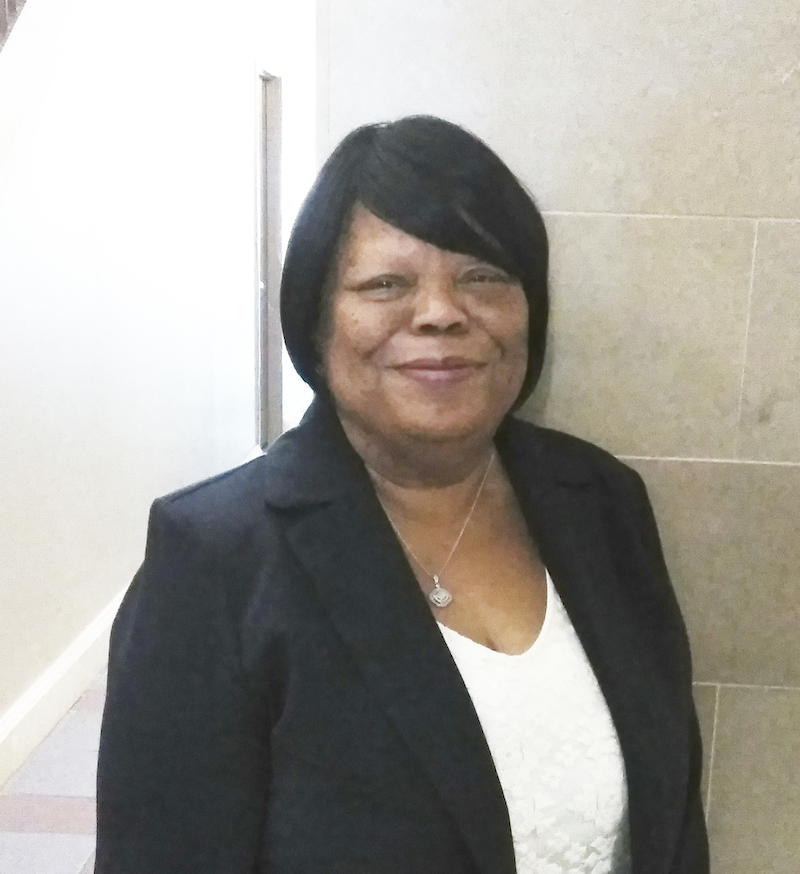Getting enough ZZZZZZ’s?
Published 10:31 pm Wednesday, September 16, 2015
Feeling crabby lately? Or simply worn out? Perhaps the solution is better sleep. Think about all the factors that can interfere with a good night’s sleep — from pressure at work and family responsibilities to unexpected challenges, such as layoffs, relationship issues or illnesses. It’s no wonder that quality sleep is sometimes elusive.
Sleep plays an important role in your physical health. For example, sleep is involved in healing and repair of your heart and blood vessels. A recent survey found that more people are sleeping less than six hours a night, and sleep difficulties visit 75% of us at least a few nights per week. A short-lived bout of insomnia is generally nothing to worry about. The bigger concern is chronic sleep loss. Ongoing sleep deficiency is linked to an increased risk of heart disease, kidney disease, high blood pressure, diabetes, weight gain, and stroke.
Everyone’s individual sleep needs vary. In general, most healthy adults are built for 16 hours of wakefulness and need an average of eight hours of sleep a night. However, some individuals are able to function without sleepiness or drowsiness after as little as six hours of sleep. Others can’t perform at their peak unless they’ve slept ten hours. And, contrary to common myth, the need for sleep doesn’t decline with age but the ability to sleep for six to eight hours at one time may be reduced. If you are among the 20 percent of employees in the United States who are shift workers, sleep may be particularly elusive. Shift work forces you to try to sleep when activities around you — and your own “biological rhythms” — signal you to be awake. One study shows that shift workers are two to five times more likely than employees with regular, daytime hours to fall asleep on the job.
Trending
Stress is the number one cause of short-term sleeping difficulties, according to sleep experts. Common triggers include school- or job-related pressures, a family or marriage problem and a serious illness or death in the family. Usually the sleep problem disappears when the stressful situation passes. However, if short-term sleep problems such as insomnia aren’t managed properly from the beginning, they can persist long after the original stress has passed.
Here are some tips to help you prepare to rest better at night:
- Stick to a sleep schedule. Sleeping in on the weekend is so enticing but if you are having trouble sleeping, this could make the problem worse.
- Pay attention to what you eat and drink. Alcohol and Caffeine are two big sleep interrupters. Don’t go to bed stuffed or hungry. Also, limit liquids a few hours before bedtime to reduce trips to the toilet during the night.
- Create a bedtime ritual. A warm bath or shower, reading a few minutes, listening to soothing music to relax the mind and body.
- Get comfy. Not too hot, not too cool, may need room darkening shades to block out lights, maybe a fan for some “white” noise, and don’t forget a good pillow that supports the head at a comfortable angle.
- Limit daytime naps. Oh, your eyes may be slamming shut about 2:30 pm, but keep that nap short, 10 to 20 minutes to refresh, any more than that may interfere with your sleep cycle later.
- Include physical activity in your daily routine. Regular physical activity can promote better sleep, helping you to fall asleep faster and to enjoy deeper sleep. Just keep it earlier in the day and not within a few hours of bedtime.
- Manage stress. Maybe easier said than done. Start with the basics, such as getting organized, setting priorities and delegating tasks. Take a break when you need one. Share a good laugh with a friend.
Know when to contact your doctor. Nearly everyone has an occasional sleepless night — but if you often have trouble sleeping, contact your doctor. Identifying and treating any underlying causes can help you get the better sleep you deserve.






